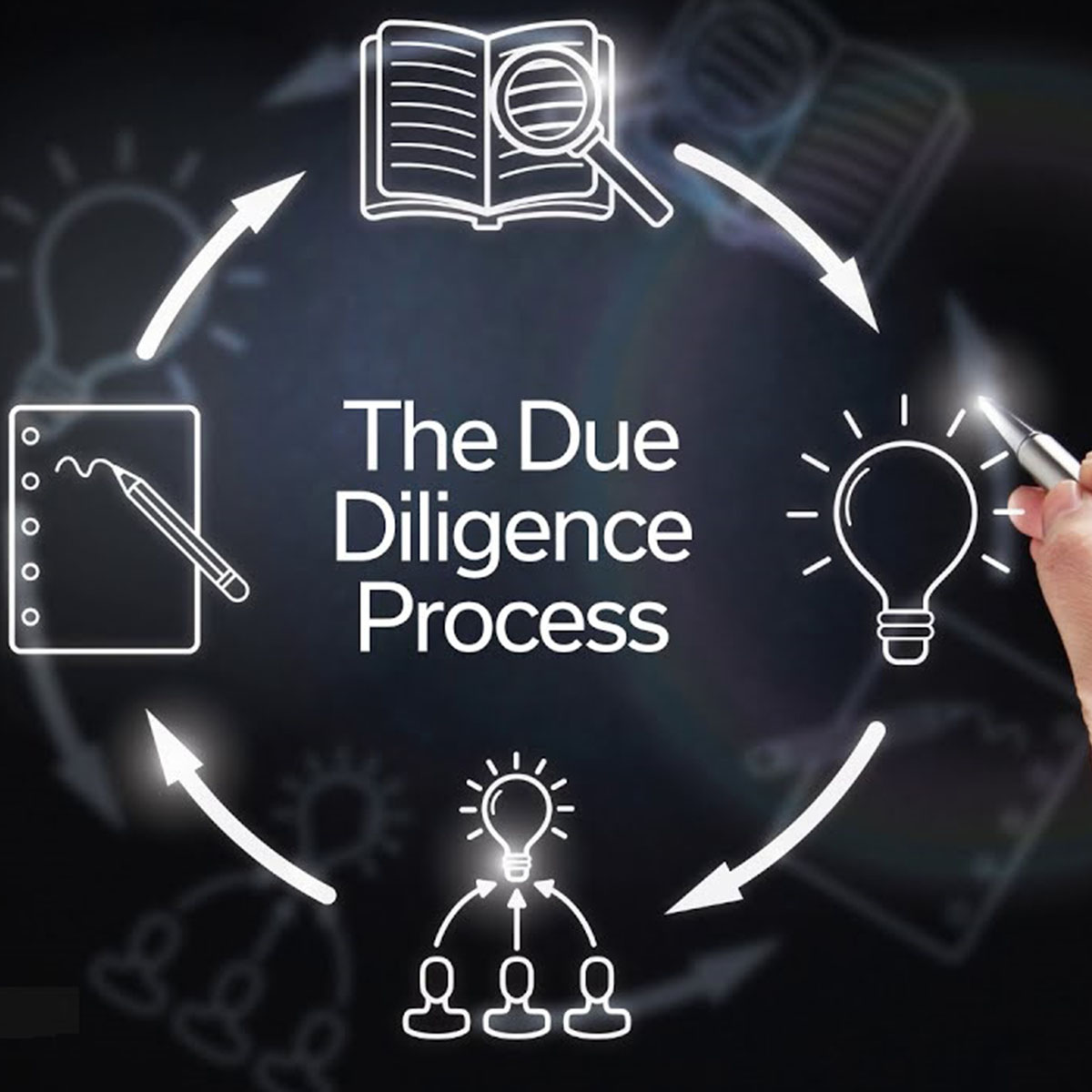Introduction
One of the most complex characteristics of concluding a transaction is due diligence, as it is a method of obtaining credible information to uncover any legal risks or circumstances that may constitute a controversy. The process of legal due diligence is an open door for stakeholders that helps them evaluate the commercial issues and contractual provisions they need to know before concluding a transaction.
In order to have reliable information regarding the transaction they want to conclude, there are a lot of steps for the interested party to take. To begin with, public information about the entity is available to the interested party,such as the trade license number, the status of the company, expiry date, etc.,which the party can obtain from the DED database (called the 'Department of Economic Development' database).
There is insufficient due diligence regarding available information. For example, the information collected in Merge & Acquisition transactions is crucially important because M&A due diligence would definitely need the interaction and cooperation of the party concerned to assist them. This is to enable them to investigate the business of the party concerned by reviewing the available documents, contracts, licenses, current and potential disputes, and by evaluating the outcome of such disputes.
In business entities, data is essentially collected through the "Data Room," a secure database consisting of critical and highly confidential data. It therefore provides online (virtual access) to documents through a virtual data room, allowing potential parties to be able to access due diligence documents in order to ensure the sincerity of the process. This does not derogate, however, from the fact that the target in question has the right to restrict access to the document and to prevent browsers from viewing the documents. Prior to the DD process, the interested party may be subject to confidentiality clauses & agreements, for example, in transactions involving sensitive commercial or personal information that is critically confidential.
Nevertheless,corporate legal due diligence shall contain several information. This includes the shareholders and directors of the company, any restrictions preventing the company from carrying out or concluding transactions, any contracts or provisions limiting or limiting the conclusions of such transactions. This also includes details of the company's licenses and compliance with the laws, the company's real state title or lease, the insurance cover of the company, the intellectual property rights of the company and any litigation or arbitration dispute in which the company is engaged. In the UAE, however, information relating to litigation or fines against the entity concerned may not be made publicly available unless the company has expressly provided the power of attorney.
It is worth mentioning that the transaction value is determined by red flags which appear during the due diligence process. In M&As, for example, the out comeof the process adjusts the price of the concluded transaction. There is,however, a restriction on the due diligence process where the examination of specific documents is limited in time and the scope of the examination is restricted to identifying the commercial and financial problems of the company without exploring further issues.
FTD Partners are corporate law experts and can provide you with the helping hand you need, so don't hesitate to contact us.










